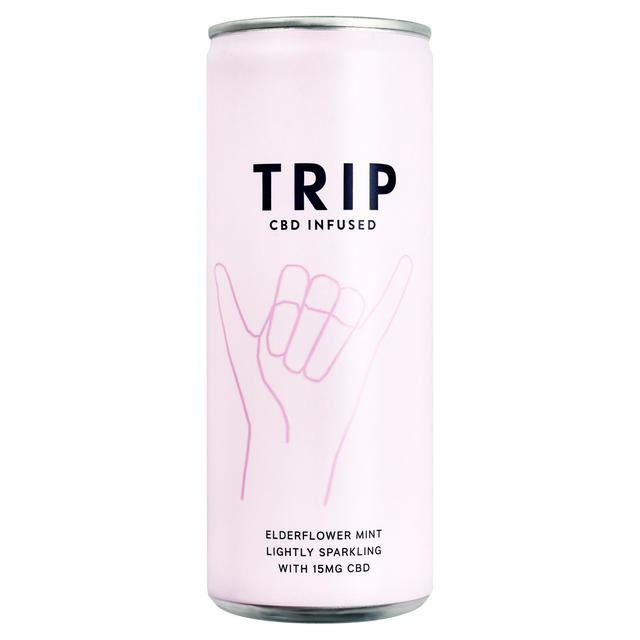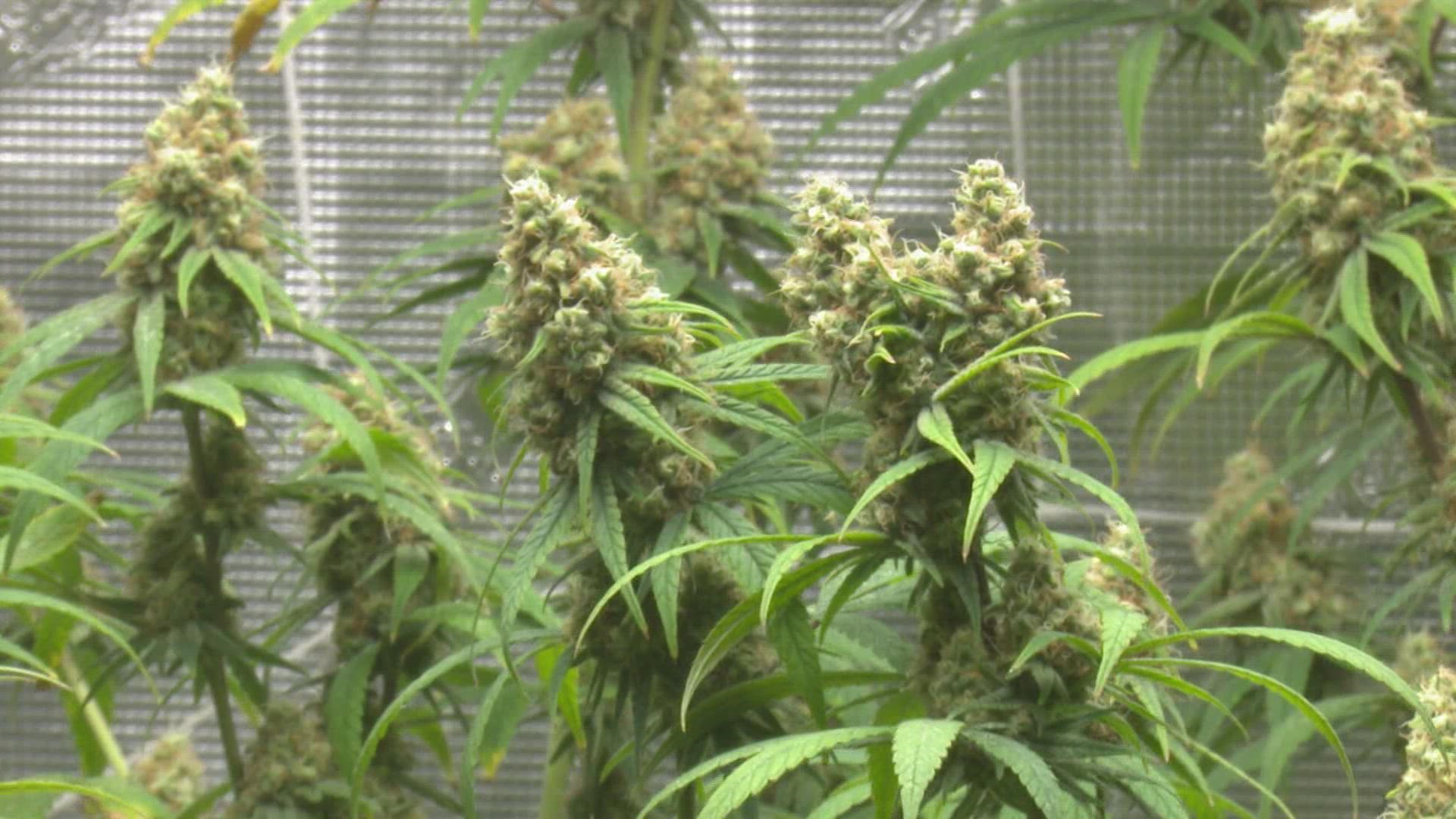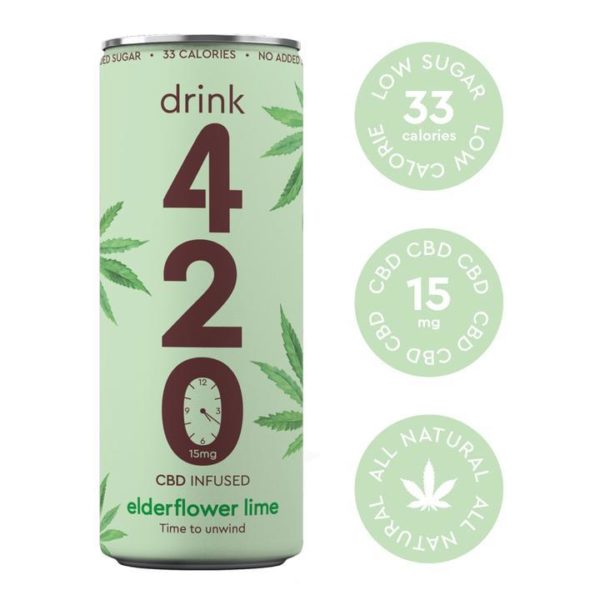
The legal status of CBD oil products became more clear with the recent Farm Bill. CBD oil tinctures derived from Hemp are now legal under federal law. CBD products made under state-legal marijuana programs are still illegal. After the Farm Bill's passage, companies are now looking for new business opportunities.
CBD oil tinctures containing hemp are legalized under the 2018 Farm Bill
Hemp-based CBD tinctures have become legal in the United States. However there are conditions that must be met to allow these products to be sold legally. Before selling hemp-based CBD oil tinctures, companies must follow FDA guidelines for marketing, including using websites, social media, brochures, informational materials, and other types of marketing. Since many states do not allow commercial hemp cultivation, many hemp products are imported from elsewhere. The 2018 Farm Bill, however, has made legal hemp products in America a reality.
According to the new Farm Bill, hemp is cannabis sativa L. that contains no more than 0.3% THC per weight. Cannabidiol, also known as CBD oil, is a concentrated extract from the hemp plant. It has been legalized in many states and is becoming a popular wellness product.

Federal law still criminalizes CBD products made in state-legal pot programs.
Although CBD products manufactured within state-legal programs for marijuana have become widespread, they are still illegal in federal law. Interstate marijuana commerce is prohibited under the federal ban. However, state laws could differ from the laws of other states. Therefore, the Farm Bill is expected that legal CBD products will be more readily available.
The FDA has issued warning letters and is currently investigating CBD companies that sell illegal CBD products. CBD products that claim they can treat or prevent serious medical conditions are prohibited by federal law. FDA may consult with federal or state partners to decide whether to take enforcement action.
Although FDA has recognized the potential medical benefits, it is illegal to distribute or consume marijuana-derived products. The FDA has not approved these products, creating a public health crisis. These products might influence patients to seek out approved treatments.
CBD is not allowed in dietary supplements
The FDA's current stance is that CBD cannot be used as a dietary supplement or added to food. The FDA's current position is that CBD cannot be used as a dietary supplement or added to food. This is because the compound has undergone extensive clinical trials as a medication. This provision is known as IND Preclusion. It prohibits the use dietary supplements containing a substance that has undergone substantial clinical trials. However, this policy can change at any given time.

The 2018 Farm Bill rescinded Schedule I from hemp-derived CBD, and it will not be subject to regulation at the Drug Enforcement Agency. However, the Farm Bill did not change the status of other federal agencies that have jurisdiction over CBD. Accordingly, the FDA will continue regulating the use of CBD in food products and dietary supplements. The Farm Bill did not change FDA's position about CBD.
FAQ
Is the CBD industry growing?
The answer is yes! And that growth is expected not to stop as legalization continues across North America. Canada was the first country to legalize recreational cannabis use. Several states also have medical marijuana laws.
As more states adopt legislation that allows medicinal marijuana access, this trend is likely to continue at least for the next decade.
The legalization of marijuana also makes sense from an economic perspective. Legalizing pot offers many benefits beyond providing a lucrative market alternative for farmers.
It could help decrease crime rates by reducing illegal drug availability. It could also be a source for tax revenue.
People will likely choose to consume less alcohol as they become more comfortable with legal marijuana. This would reduce hangovers and increase health care costs.
For chronic pain patients, marijuana may even improve quality of their lives. Many believe that THC (the active ingredient in marijuana) helps to relieve the symptoms of nausea and muscle spasms associated with chemotherapy.
Perhaps marijuana can be used as a treatment for mental illnesses like anxiety and depression. According to some studies, marijuana can be used to treat schizophrenia.
So, although the future looks bright for the CBD industry, we should not forget that there are still plenty of challenges facing us along the way.
What are the differences in CBD price between different states?
Prices for CBD products vary widely depending on where you live. The prices of CBD products can vary more than tenfold depending on where they are located.
The general rule of thumb is that prices rise the farther north you travel. For example, in Alaska, CBD costs an average of $35 per gram, while in Hawaii, it costs around $200 per gram.
This trend is continuing across the country. Prices can range from $5-$2,500 per gram.
Why is this happening to you?
Price variations are due to the different levels of regulation. Some states require CBD products to contain minimal THC (the psychoactive element of marijuana). Other states don’t care about how much THC is in CBD products.
Some companies sell products in one state, and then ship them to another.
What CBD products do you sell most?
CBD products are all over the place these days. People are buying them for everything from anxiety to pain relief. The market is huge and growing fast.
But why do people purchase CBD? This is how it affects brand owners.
Statista states that CBD products are bought for their relaxing effects. They are also purchased for their antiinflammatory properties.
This means that if your product has both CBD and THC, then it can be sold for both recreational and medicinal purposes.
But what about brands who are focused on one purpose only? It won't be able to compete if it sells CBD for pain relief.
Additionally, a brand that focuses solely on CBD for medical purposes will enjoy a large customer base.
But, if a brand is looking to target recreational users they will need to develop a unique selling position (USP). A USP is essentially a benefit or feature that distinguishes a brand from its competitors.
For example, some brands offer shipping free of charge, while others offer discounts when you order in bulk.
Which countries produce CBD of the highest quality?
The United States is the largest producer of CBD products.
Canada, Australia New Zealand, Israel and New Zealand also produce high-quality CBD product.
Statistics
- CBD seems unlikely to directly influence sleep in healthy humans [115] (and maybe “sleep-promoting” in those with certain comorbid conditions) (ncbi.nlm.nih.gov)
- While the primary injury may not be treatable, interventions that attenuate secondary sequelae are likely to be of benefit [203].Only one study (ncbi.nlm.nih.gov)
- A recent study [161] also found that in vitro CBD treatment (i.e., ≤ 2 h exposure to 10 μM) induced ~40% vasorelaxation in isolated (pre-constricted) (ncbi.nlm.nih.gov)
- HR −16 mmHg; 95% CI −26, −6; I2 = 92%) (ncbi.nlm.nih.gov)
- however, one study also found that these effects were virtually abolished when the original media (a nutrient broth agar) was replaced with one containing 5% blood (increasing the minimum concentration to ~160 μM CBD) [179]. (ncbi.nlm.nih.gov)
External Links
How To
What are the common issues in the CBD industry?
The market for CBD is growing at an astonishing rate. However, this market is still full of challenges for businesses that want to expand. These include lack of consumer awareness and high costs of entry, limited capital access, and regulatory uncertainty.
Many consumers don't understand what CBD is and how it works. This means that consumers are unable make informed decisions about purchasing CBD products.
Many CBD companies depend heavily on word of mouth marketing. This is costly because they have to pay for advertising and hire staff to promote their brand.
The high production costs are another issue that new entrants to the CBD industry face. It is very expensive to obtain the raw materials required for CBD products. For example, hemp needs to be grown in specific climates and soil types before it can be processed into CBD oil.
For CBD oil to be produced, you need to plant enough hemp. This costs about $1,000 an acre. This means that many small farmers cannot afford the cost of starting.
The lack of capital access is another obstacle new entrants to the CBD market face. Banks are often discouraged from helping people start businesses because of the stigma that surrounds the industry.
Final, there are regulatory uncertainties surrounding the sale CBD products. There are no established guidelines regarding the marketing of CBD products.
Although states have passed laws restricting CBD products sales, these policies are not yet national.
So far, only two states - Maine and Nevada - have legalized recreational marijuana.
However, some states like Massachusetts and Michigan are considering similar measures.
These changes could lead to increased competition between CBD manufacturers.
These factors have led many entrepreneurs to choose to work remotely rather than starting a physical business.